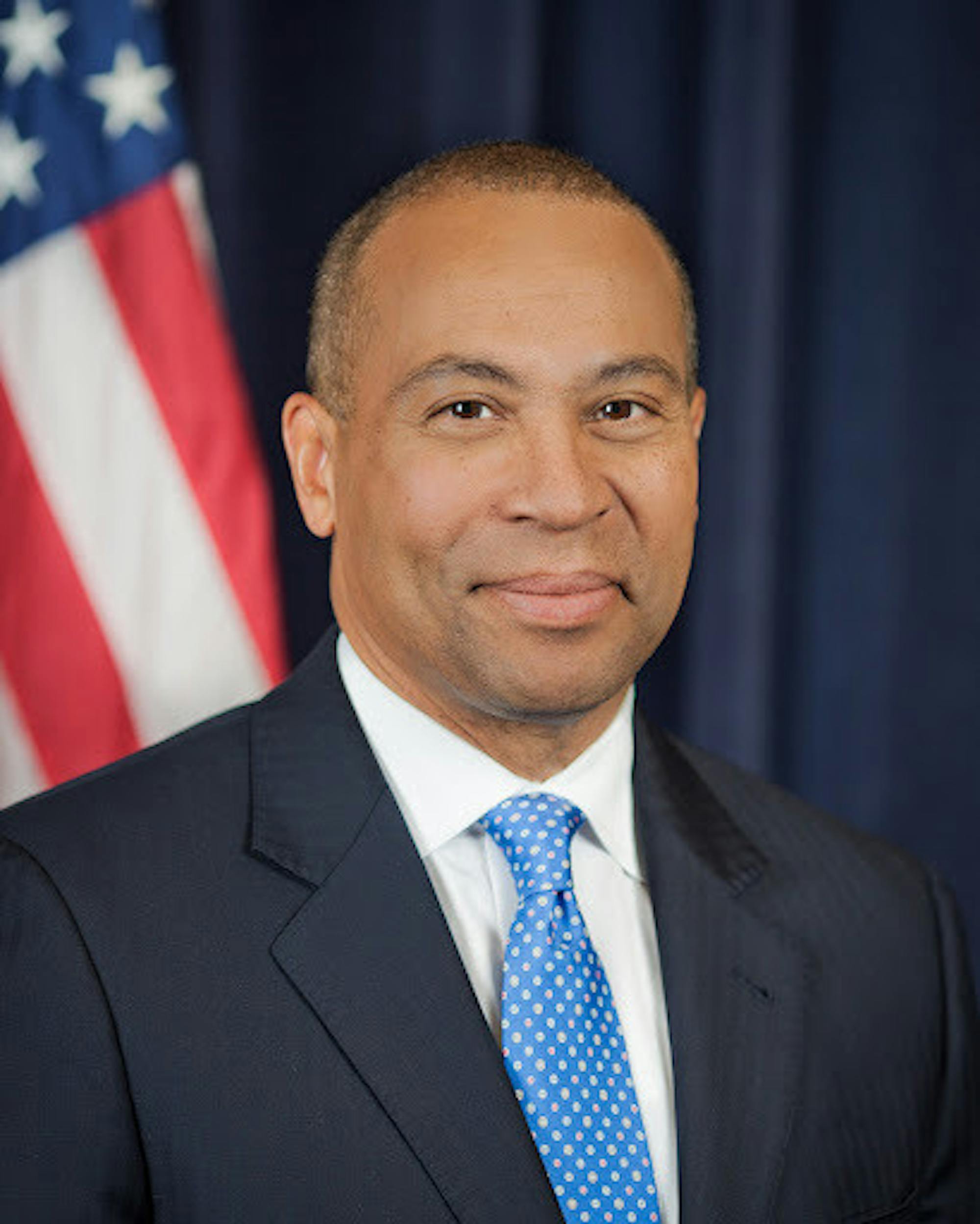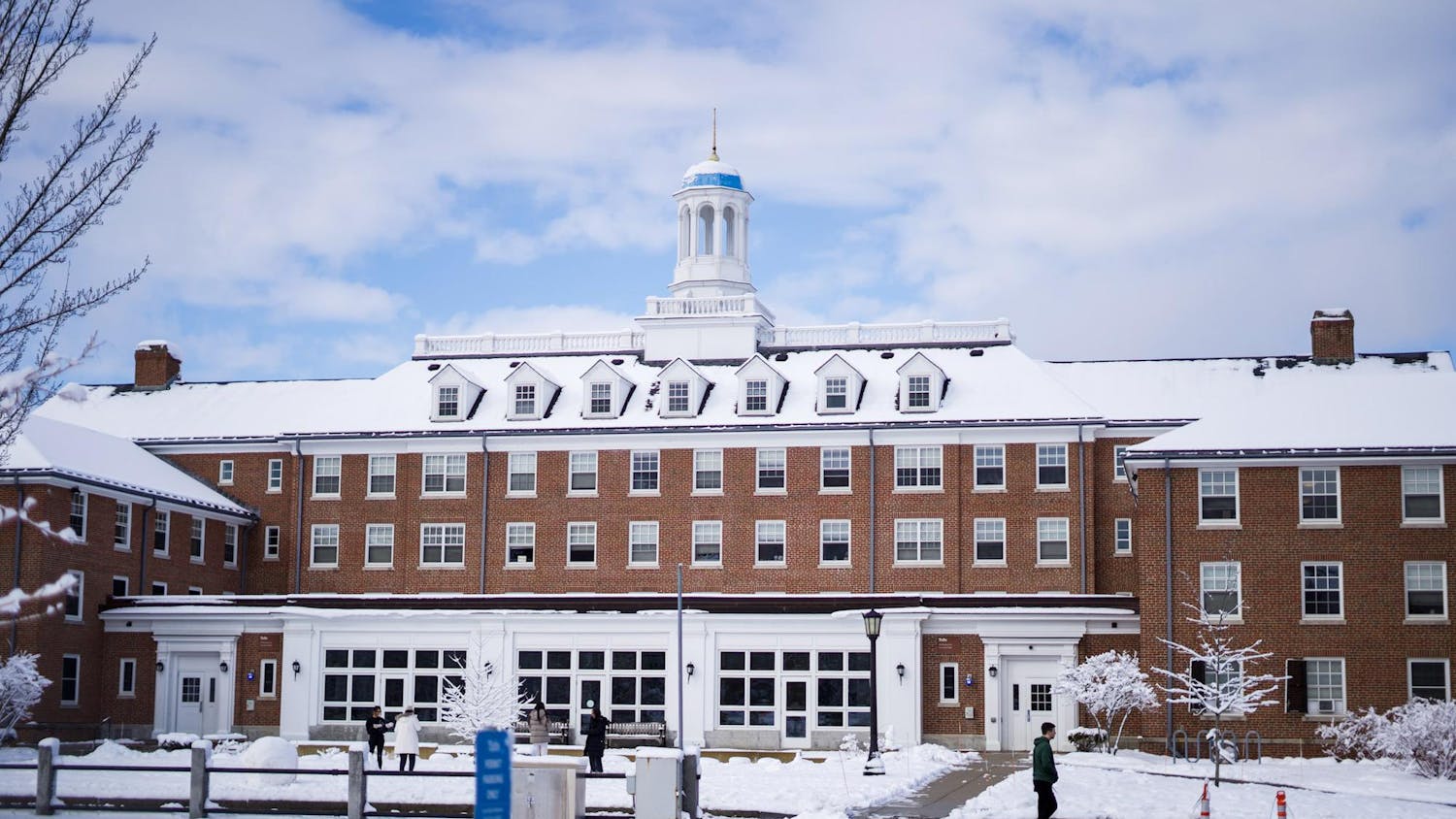Former Massachusetts Governor Deval Patrick addressed the Tufts community on Sept. 9, beginning the Tisch College Distinguished Speakers Series for fall 2020.He spoke about his campaign for governor and U.S. president and his policy priorities. Dean of the Jonathan M. Tisch College of Civic Life Alan Solomont (A'70) moderated the event.
Solomont began the conversation by asking Patrick about the reasoning behind his decision to run in the gubernatorial election, which led him to become the first Black governor in Massachusetts.
“The decision to run for anything had to do with a frustration, I saw frankly a bad habit that I saw in my business life creeping into the way we govern ourselves … without due regard for the long term interest of the enterprise," Patrick said.
Patrick added that he opposed the short-term mindset that infiltrated business and government enterprises, which made it difficult to understand systemic effects. He felt that not enough attention was given to generational gaps.
"We govern from election cycle to election cycle or news cycle to news cycle and not generation to generation … a lot more people see the accumulated impact of that avoidance,” Patrick said.
Patrick also noted that he was motivated by his desire to lead, rather than follow.
“I decided to run for governor because I wanted to be able to set the agenda, I wanted the agenda to be ambitious, and not just be in the position of supporting somebody,” he said.
Solomont praised Patrick’s decisive 2006 gubernatorial victory for his use of a people-powered campaign strategy.
Patrick’s belief in this type of organizing is reflected in his recent venture, the TogetherFund. Thefund supports the Democratic presidential ticket, progressive candidates around the country and grassroots organizations.
“You broke a lot of new ground in showing you could run a truly grassroots campaign, get people involved in politics who had never [done so] before, and inspire people to have hope and confidence that government could matter to their lives,” Solomont said.
Patrick ran in the 2020 presidential election and wanted to use that same grassroots strategy. He dropped out in February, shortly after the New Hampshire primary.
“I was really close [to running], I had gotten a lot of support and encouragement ... publicly and privately. It is no small decision as you know well and as anyone can imagine. We decided to make a go of it mostly because there were so many big challenges ... I felt like the appetite for big answers to those challenges was greater than it normally is,” he said.
After a question from Solomont about Joe Biden and Kamala Harris' campaign, Patrick said that he agreed with Biden’s sentiment that the election is a pivotal fight for the essence of the country. He praised their campaign for pushing their agenda to be more progressive and ambitious.
“As they say this is an existential election because if the character of the candidates is an issue in every election, this time it’s the character of the country,” he said.
Solomont and Patrick also discussed racial injustice and anti-racism initiatives, where Patrick touched on his experience as a Black man.
“Not too long after the George Floyd videotaped lynching was broadcasted, people checked on how we were doing ... you knew which ones were checking to see how we were doing versus which ones were checking to see how they were doing, meaning they wanted to be reassured that they were good people and in the good camp,” he said.
He also shared his opinions on the "woke" identity.
"I am not woke. I start there not because I think I'm woke or I wish I were, but because I want to bring the humility necessary to be taught. You have to put your defenses down before you start," Patrick said. "For many white people I know, this is very hard.”
Patrick urged the young people attending the webinar to continue their fight for justice with knowledge that there may be generational divides, but not a lack of support.
“I am so encouraged by the energy and urgency of right now ... I think this is the moment that [the youth] made, and they should know that there are an awful lot of us who are grateful that they made this moment and that they have allies beyond their generation,” he said.






